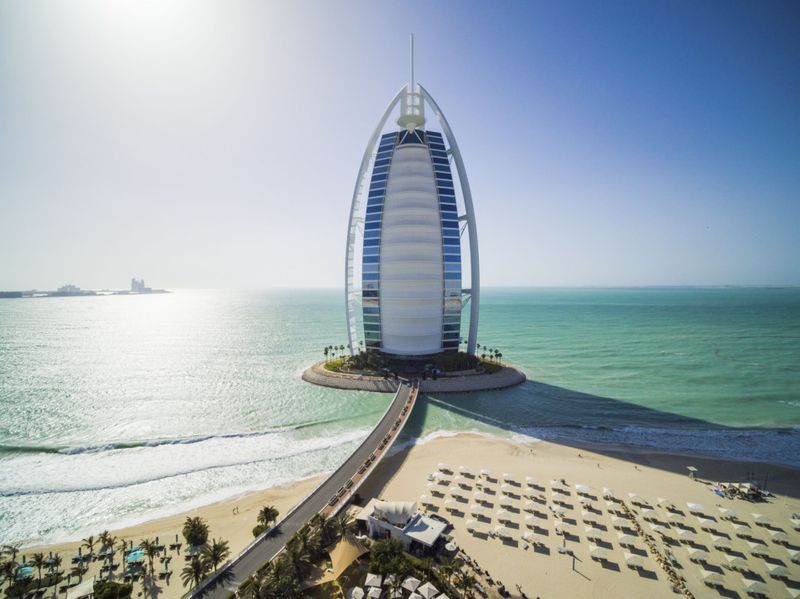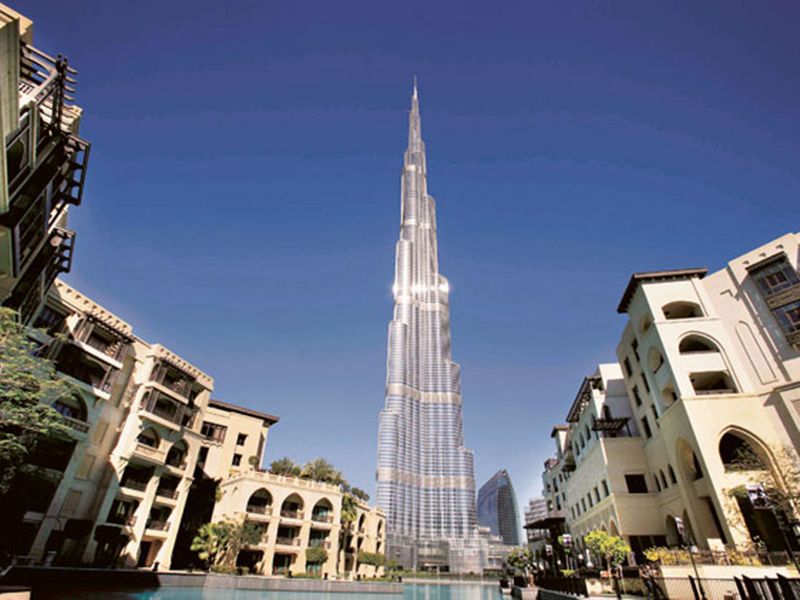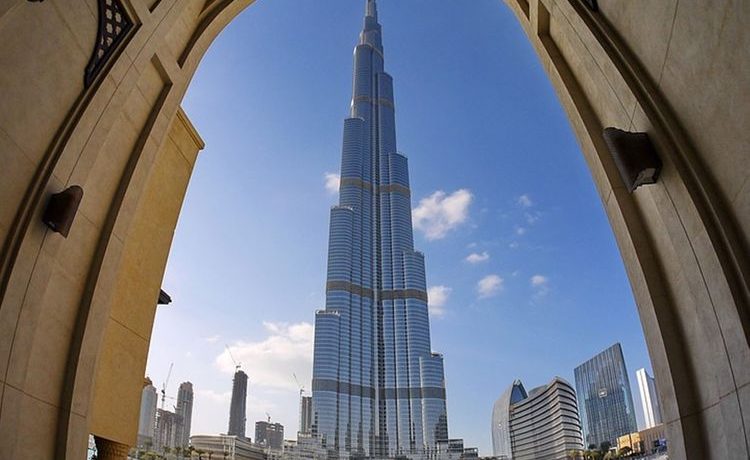Dubai and Abu Dhabi is home to 3 of the world’s 50 influential buildings of last 50 years.
Dubai: A hotel, a skyscraper and the world’s tallest building have put the UAE on the map for having three of the world’s most influential buildings of the last 50 years.
According to a report released by the US-based Council on Tall Buildings and Urban Habitat (CTBUH), the list of the ‘50 Most Influential Tall Buildings of the Last 50 Years’ was unveiled in conjunction with the organisation’s 50th anniversary.
In the final list of the 50 most influential buildings in the world, the UAE was chosen for the Al Bahar Towers in Abu Dhabi, the Burj Khalifa and Burj Al Arab in Dubai.
The buildings were selected through the combined input of the CTBUH Research and Data team, CTBUH Leaders, and the member constituency. The evolution of building typology and design, in addition to vertical cities with a mix of uses, are all reflected in the final list of influential buildings.
Each of the tall buildings on this list exemplifies a critical milestone in the half-century dialogue between iconicity, contextualism, environmental consciousness, and structural innovation, according to the CTBUH.
Other top picks also included the Bahrain World Trade Center in Manama, the National Commercial Bank in Jeddah, and the One World Trade Center in New York City.
What the Tall Building Council said
Al Bahar Towers
Among the most striking façades of any tall building, the operable, clamshell-like array enclosing the Al Bahar Towers represents a dramatic approach to resolving the issue of intense solar radiation in the desert climate.
The façade’s moveable components are semi-transparent panels, which are combined in arrays much like umbrellas. Each array opens and closes in direct reaction to the sun’s position. While the system improves the comfort and light in the spaces inside, it also reduces the need for artificial lighting and overall cooling loads.
Burj Al Arab

The Burj Al Arab is regarded as one of the first key landmarks of modern Dubai. Inspired by the shape of a sailboat about to head into the Arabian Gulf, the triangular building’s design began with an intent to create a recognizable landmark for the emerging city. Upon completion, Burj Al Arab was the world’s tallest hotel and included the world’s tallest atrium, which rises 182 meters through the interior of the building.
Burj Khalifa

Burj Khalifa, the world’s current tallest building, has redefined what is possible in the design and engineering of supertall buildings. By combining cutting-edge technologies and cultural influences, the building serves as a global icon that is both a model for future urban centers and speaks to the global movement towards compact, livable urban areas.
At the center of a new downtown neighborhood, Burj Khalifa’s mixed-use program focuses the area’s development density and provides direct connections to mass transit systems. Burj Khalifa’s architecture has embodied references to Islamic architecture and yet reflects the modern global community it is designed to serve.
All rights reserved to the initial publisher for Gulf News.
Collected and published by Arms &McGregor International Realty® editorial team. Get in touch with us at [email protected]

